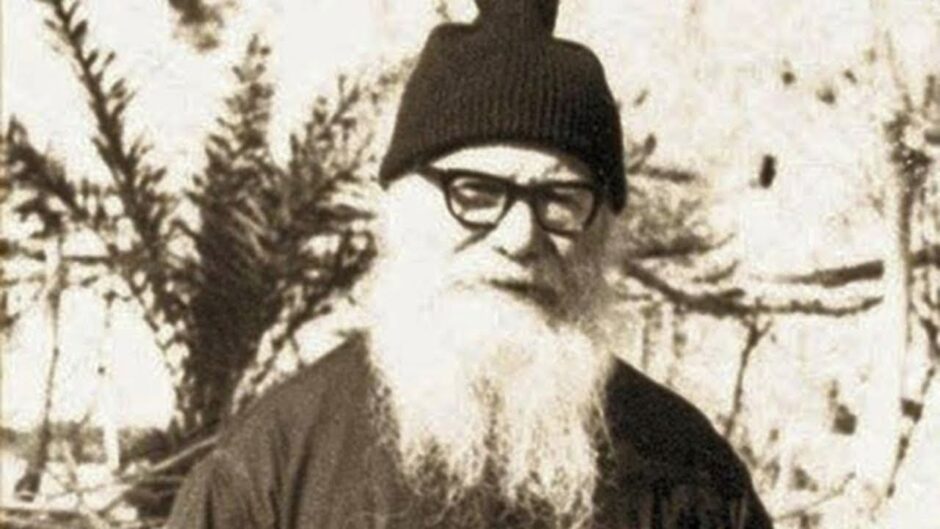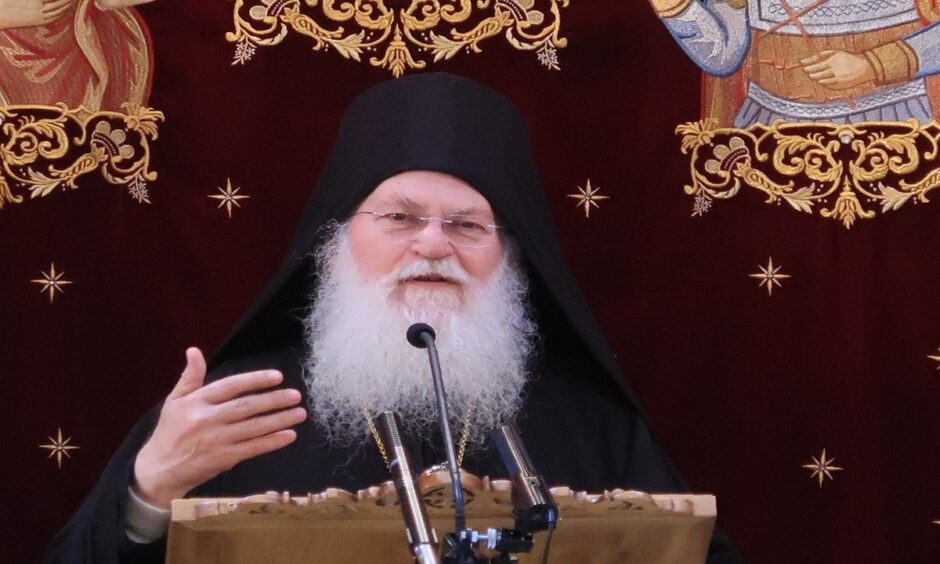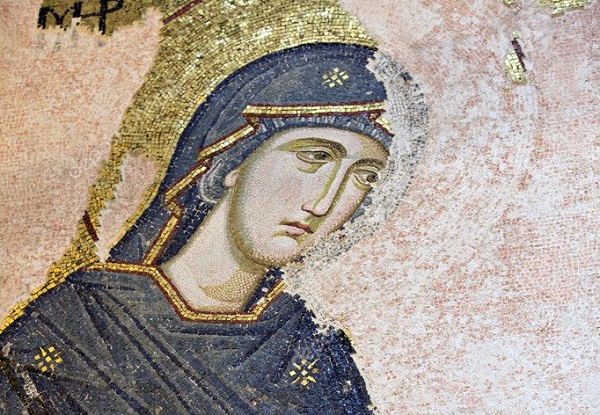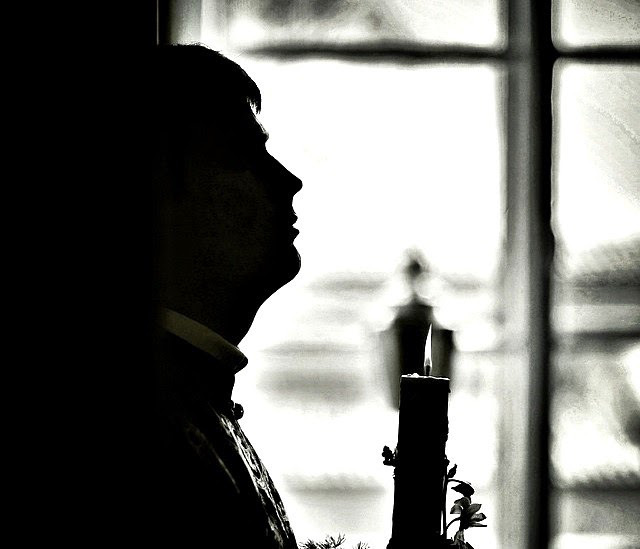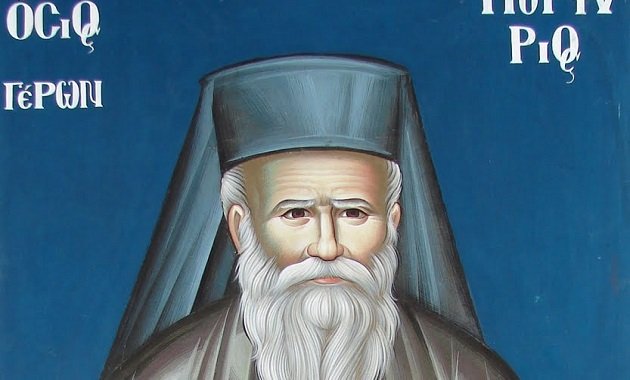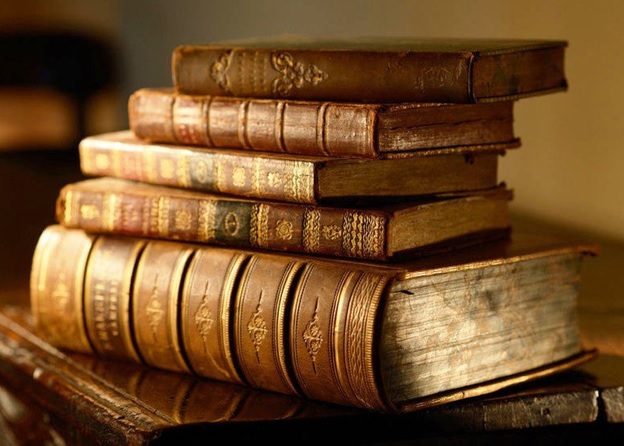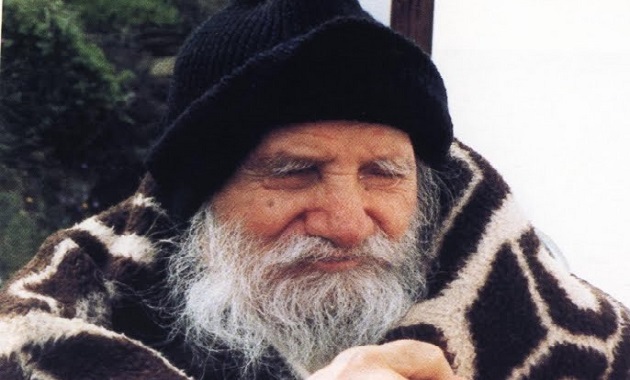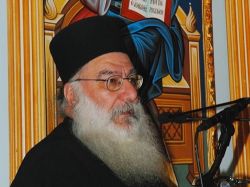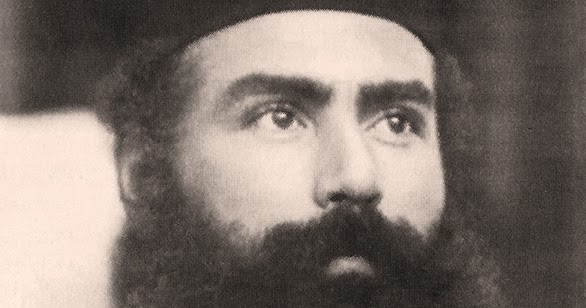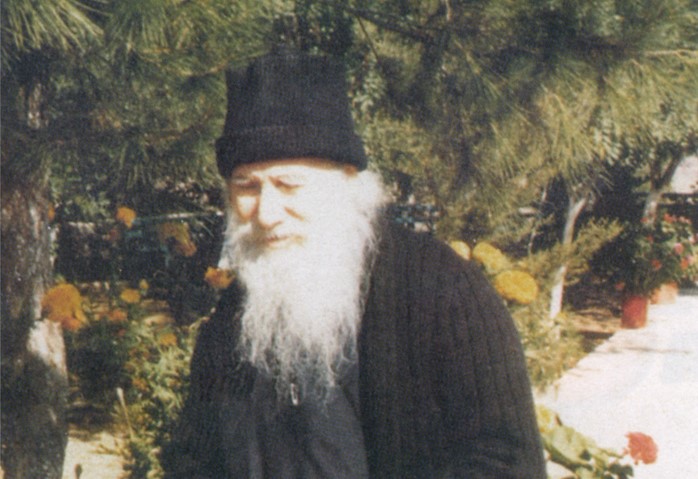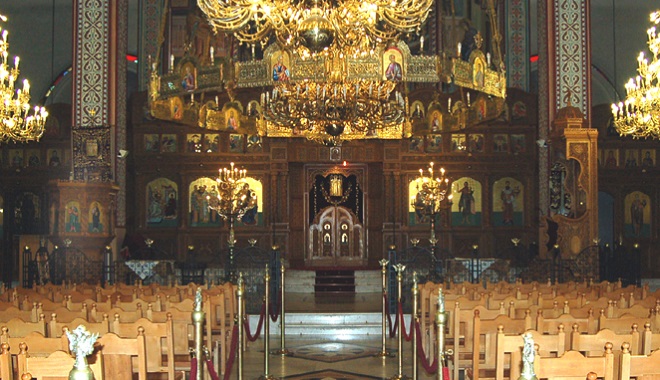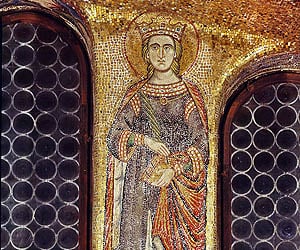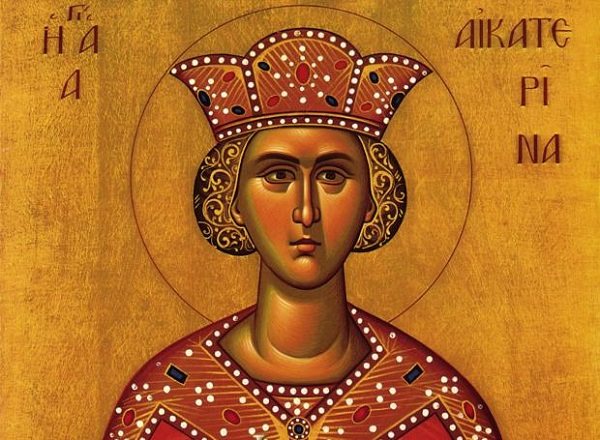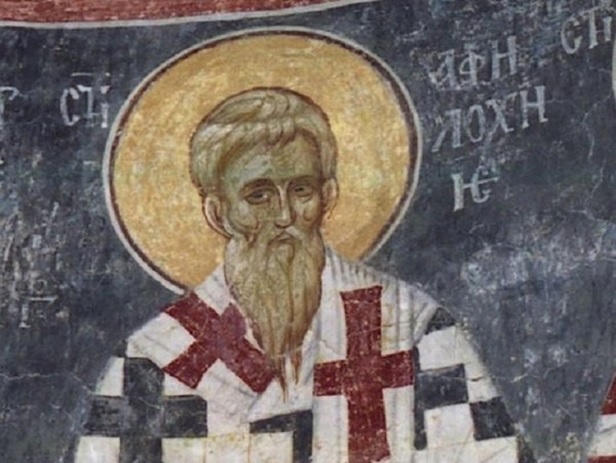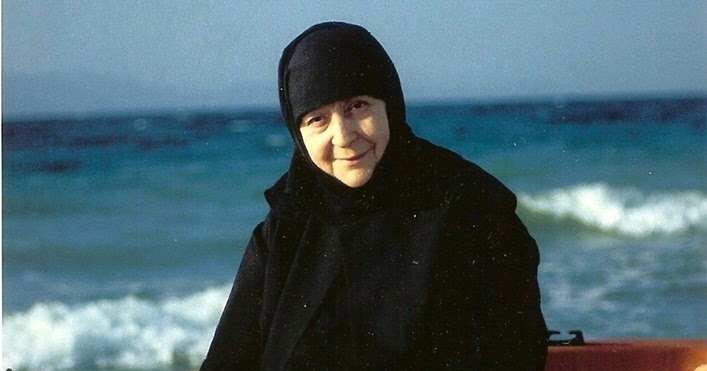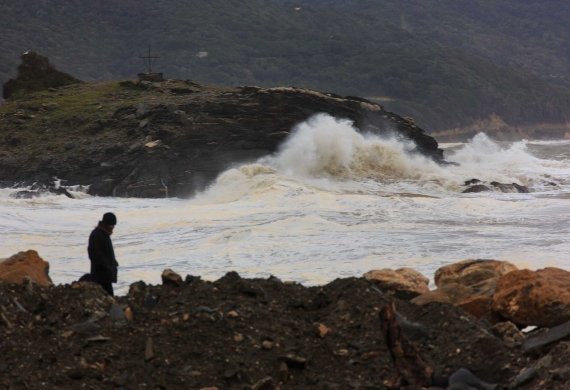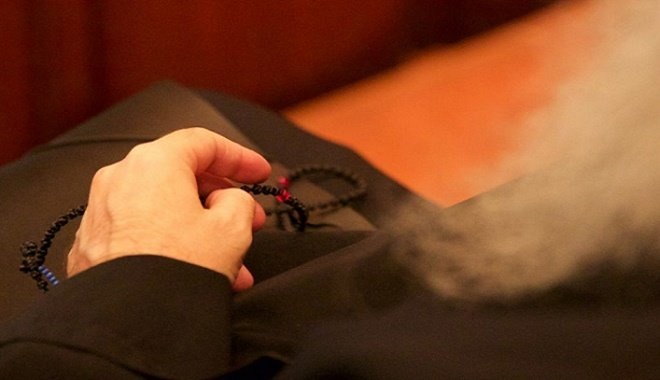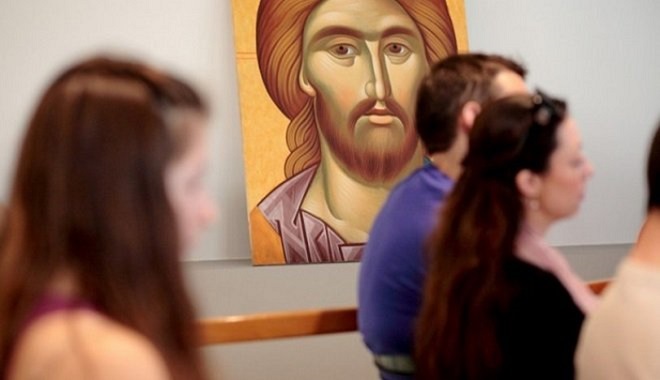
‘Just as the darkness doesn’t disperse unless there’s light, in the same way sickness of the soul can’t be avoided unless the healer of our ailments comes and we’re united to him’. (Saint Symeon the New Theologian). The great saint, Symeon the New Theologian (who is given the same title as Saint John the Evangelist and Saint Gregory the Theologian) writes about the healing of the soul, a subject which, particularly today, is the most pressing concern for a great many people. Recourse to psychologists, the development of psychological sciences, the ambition of many young people to study psychology (as well, unfortunately, as the resort to occult groups who promise to ‘cure’ the soul, but simply confuse people even more), ...

